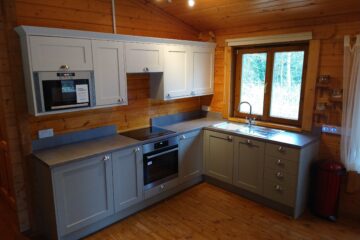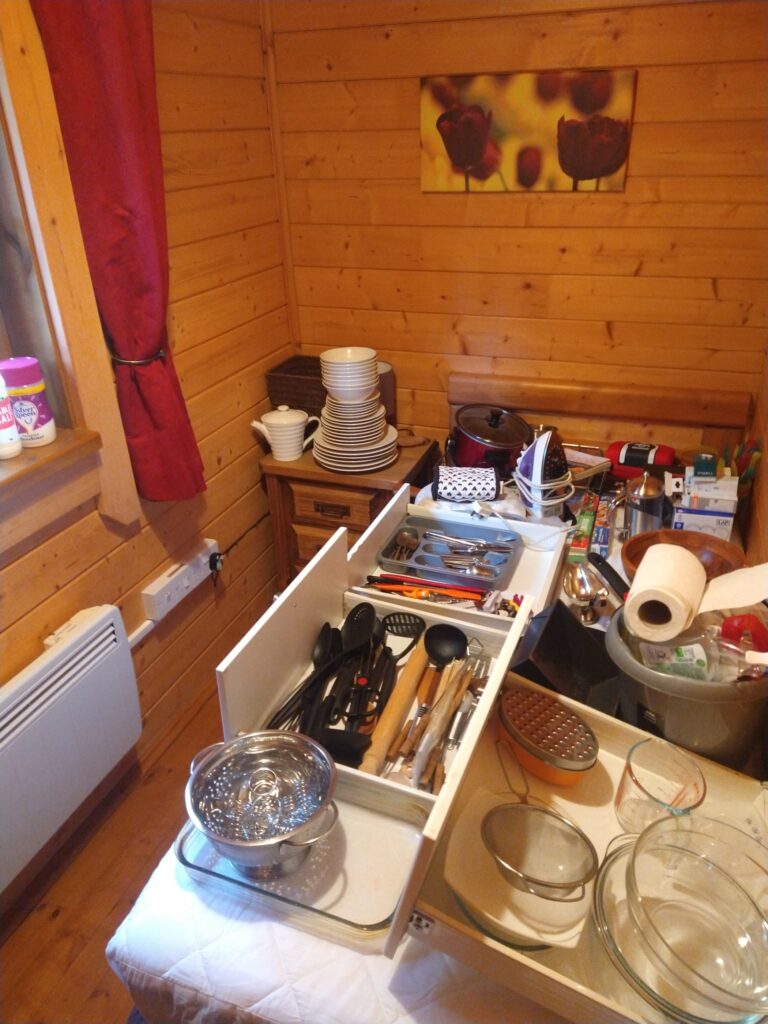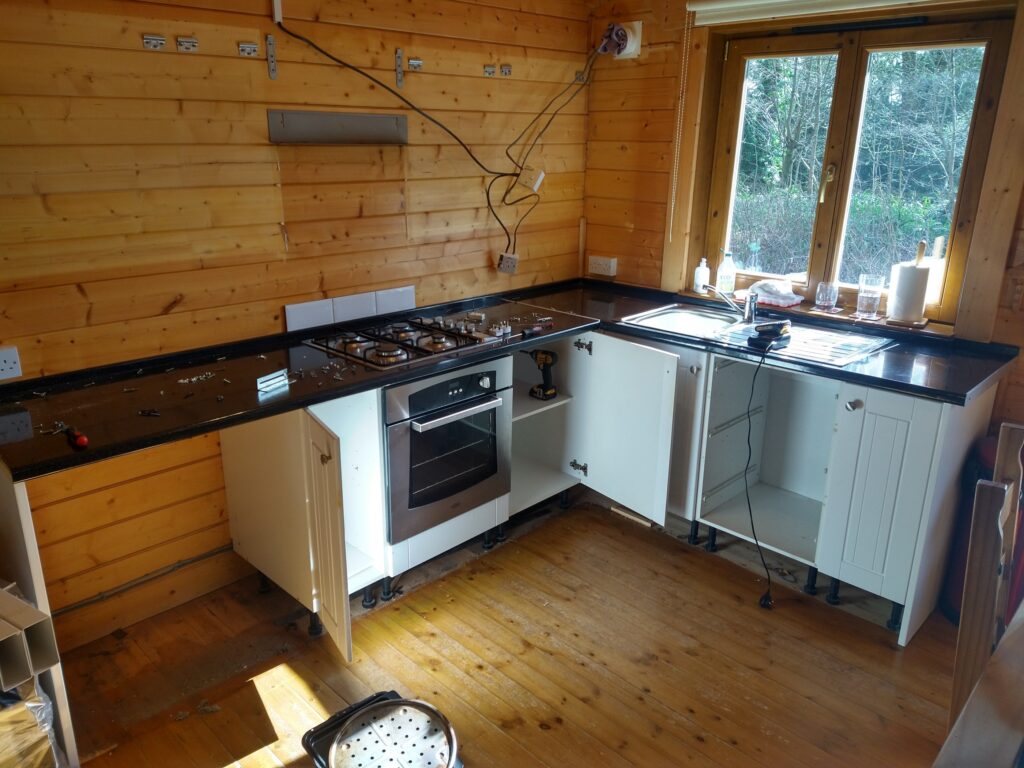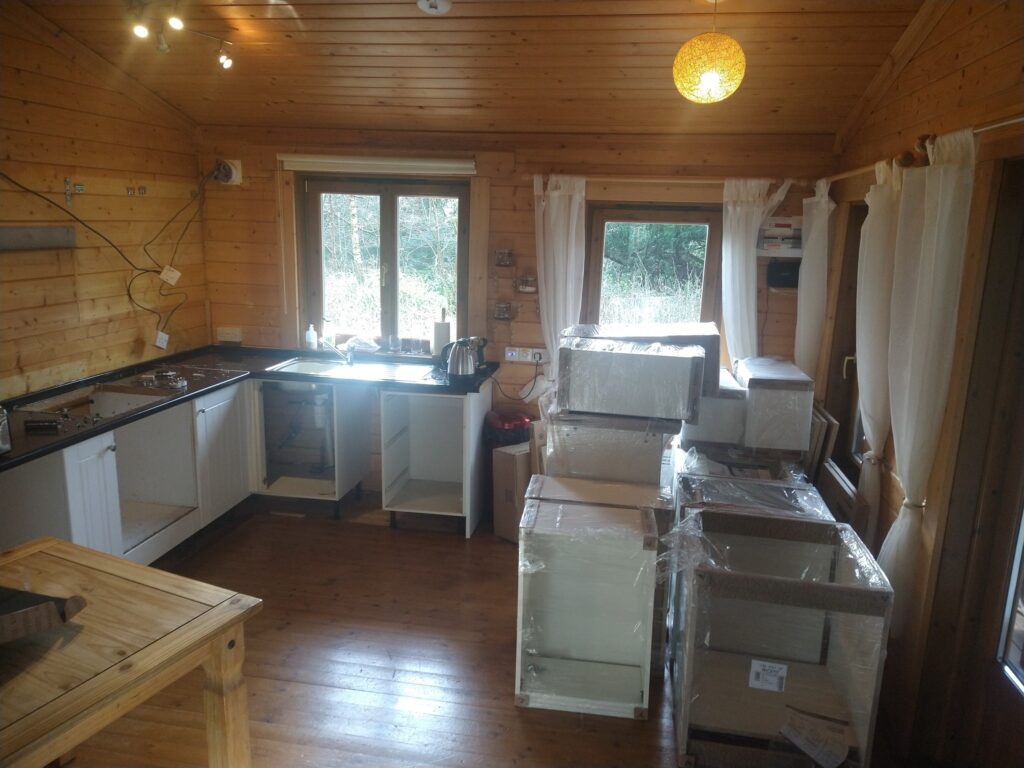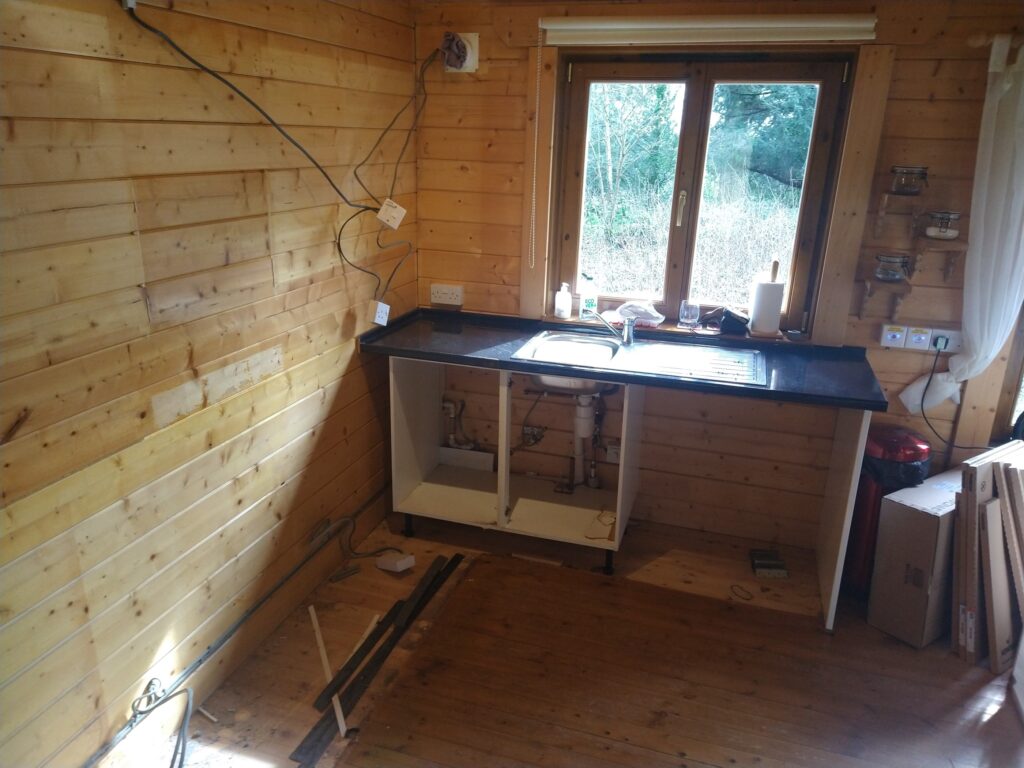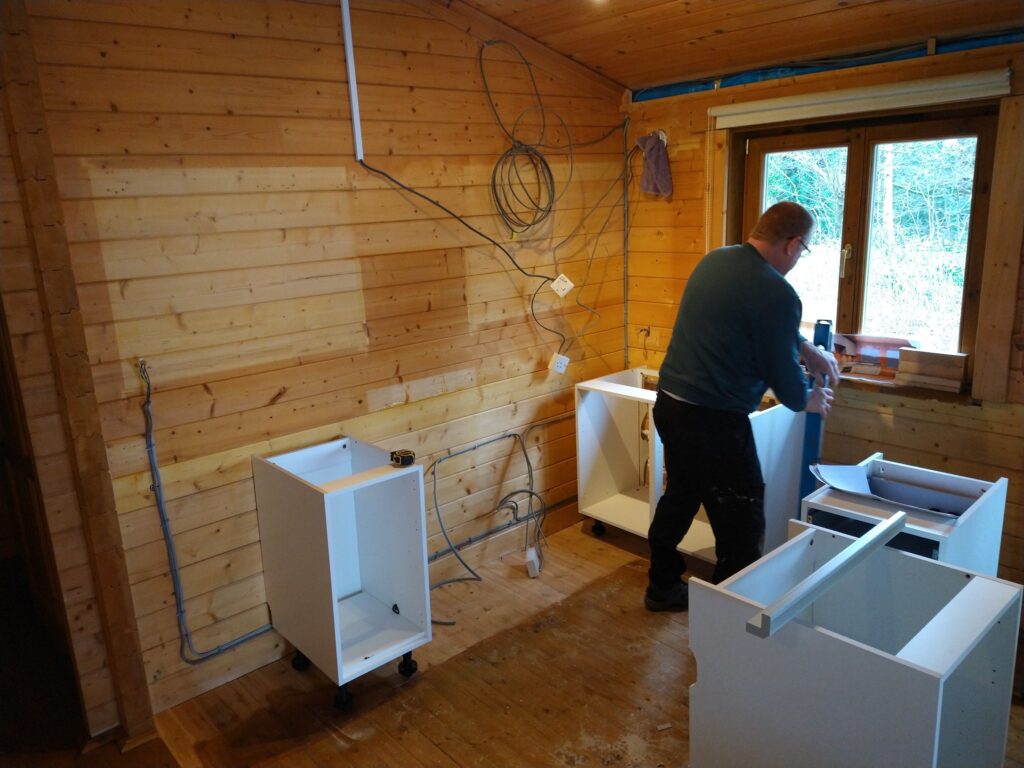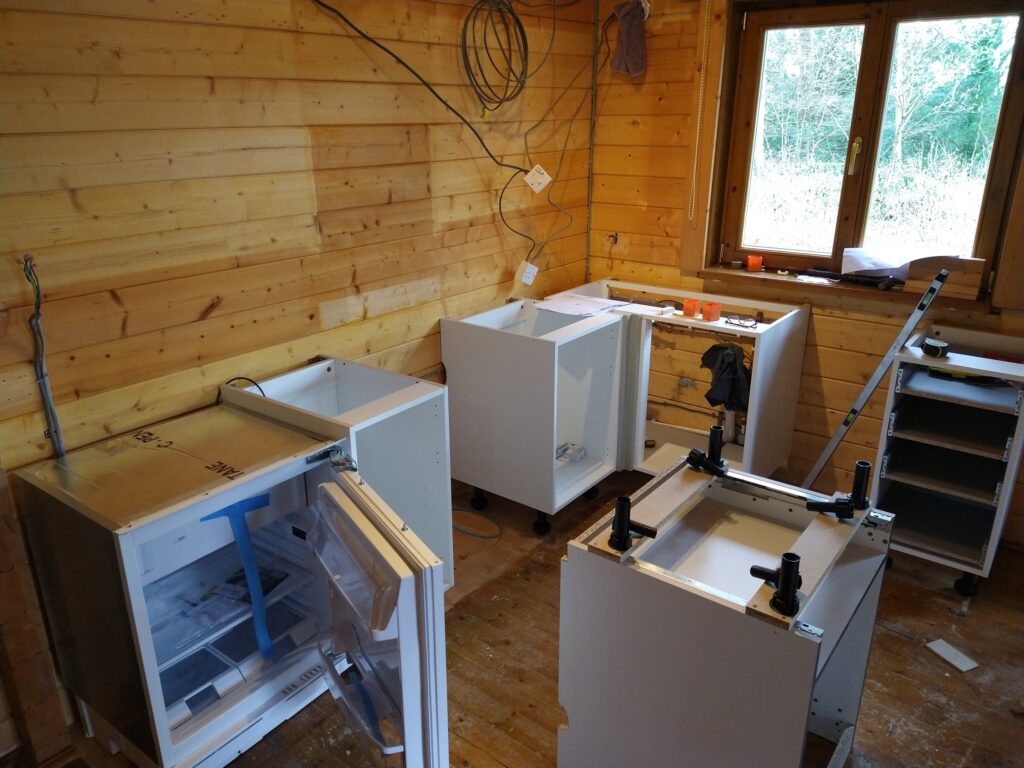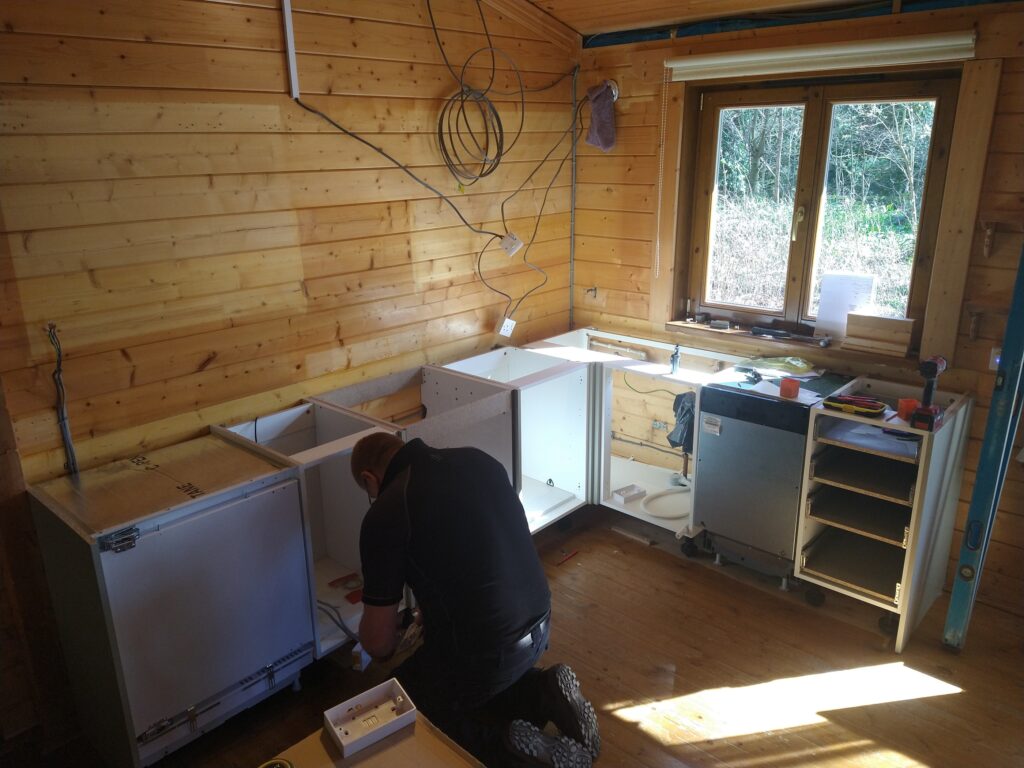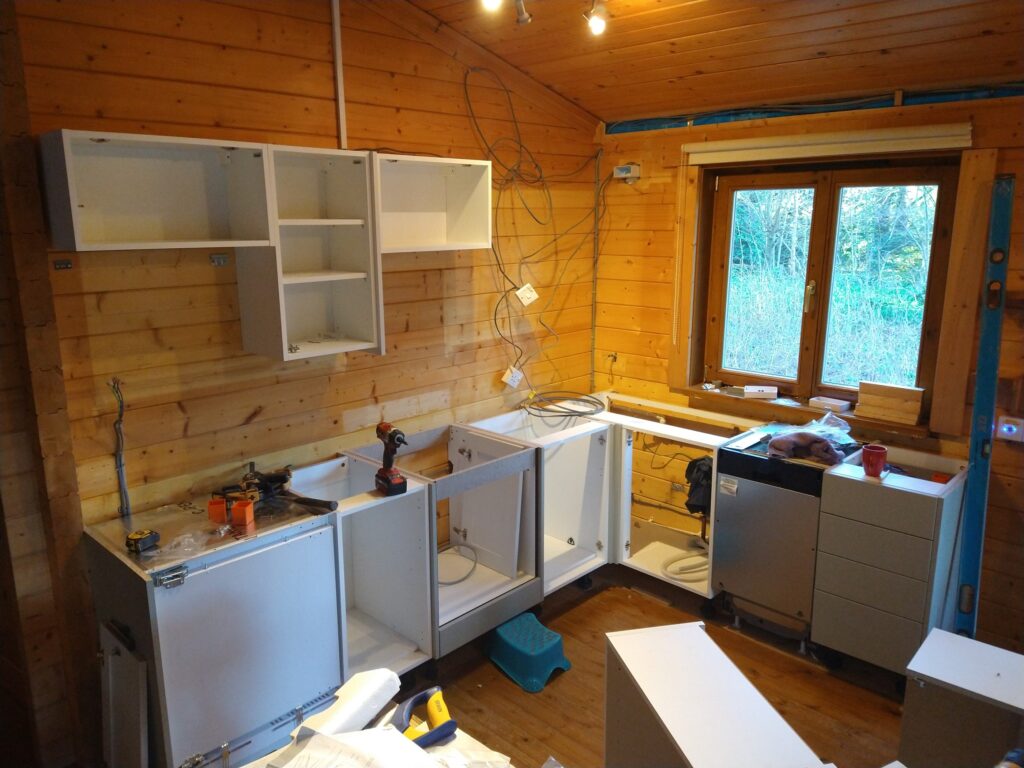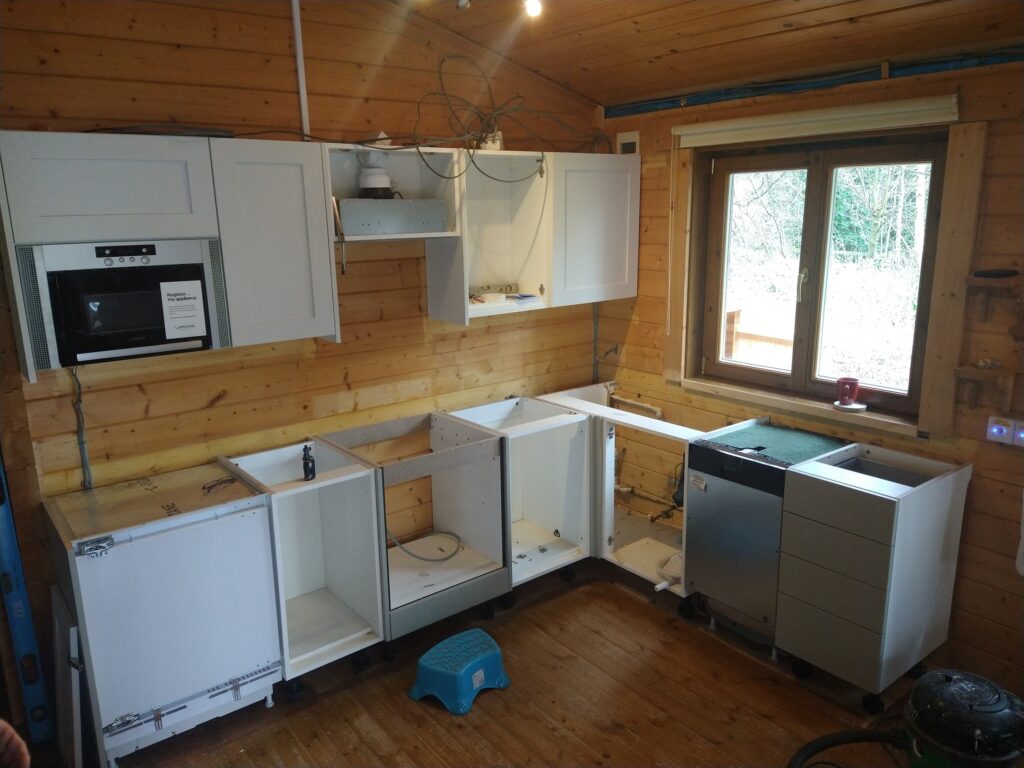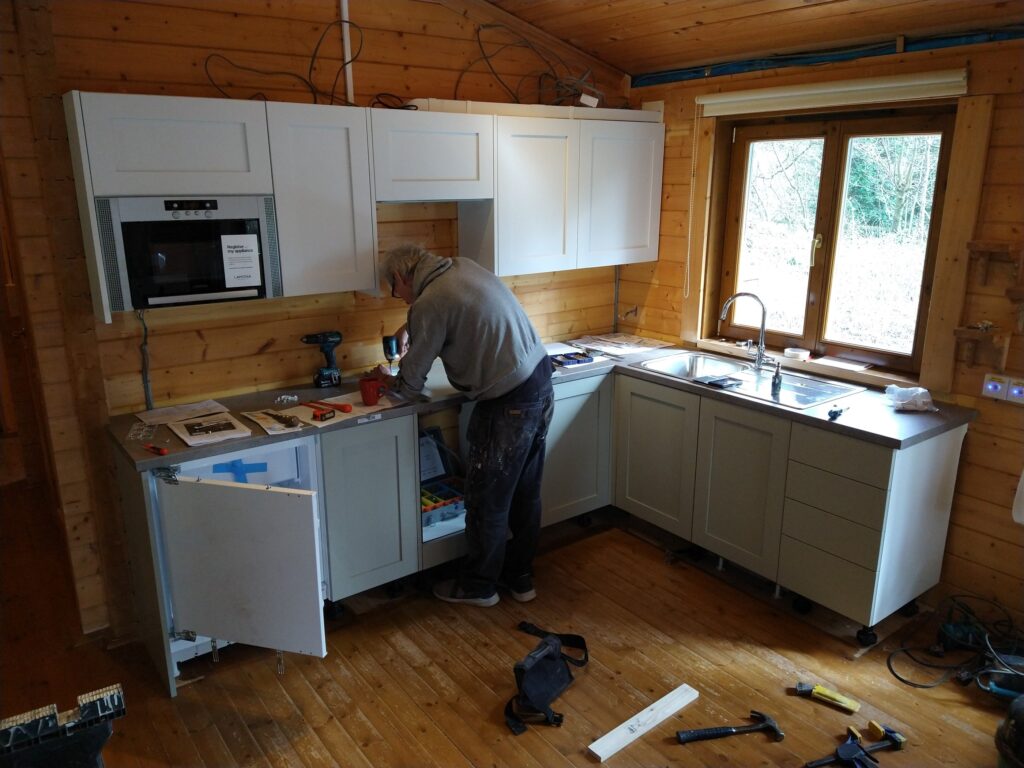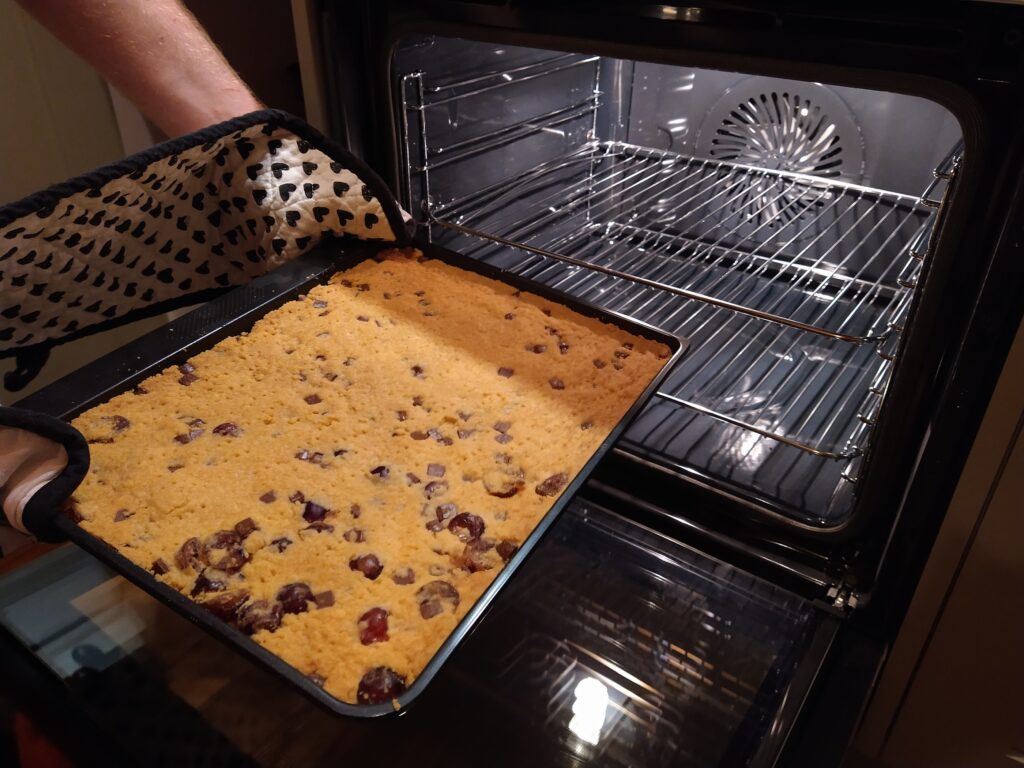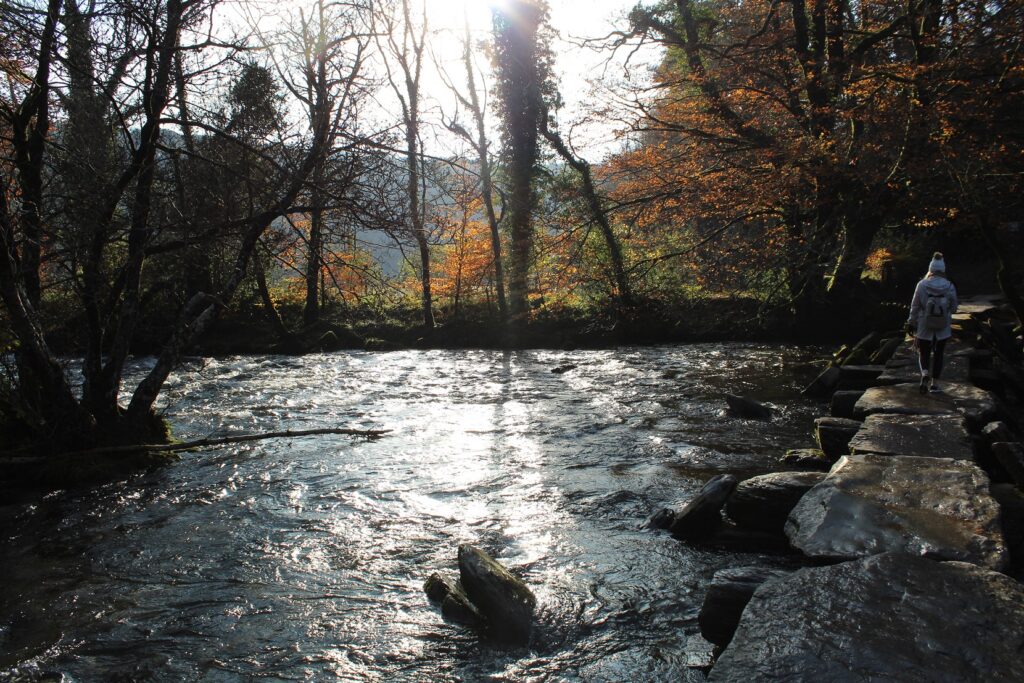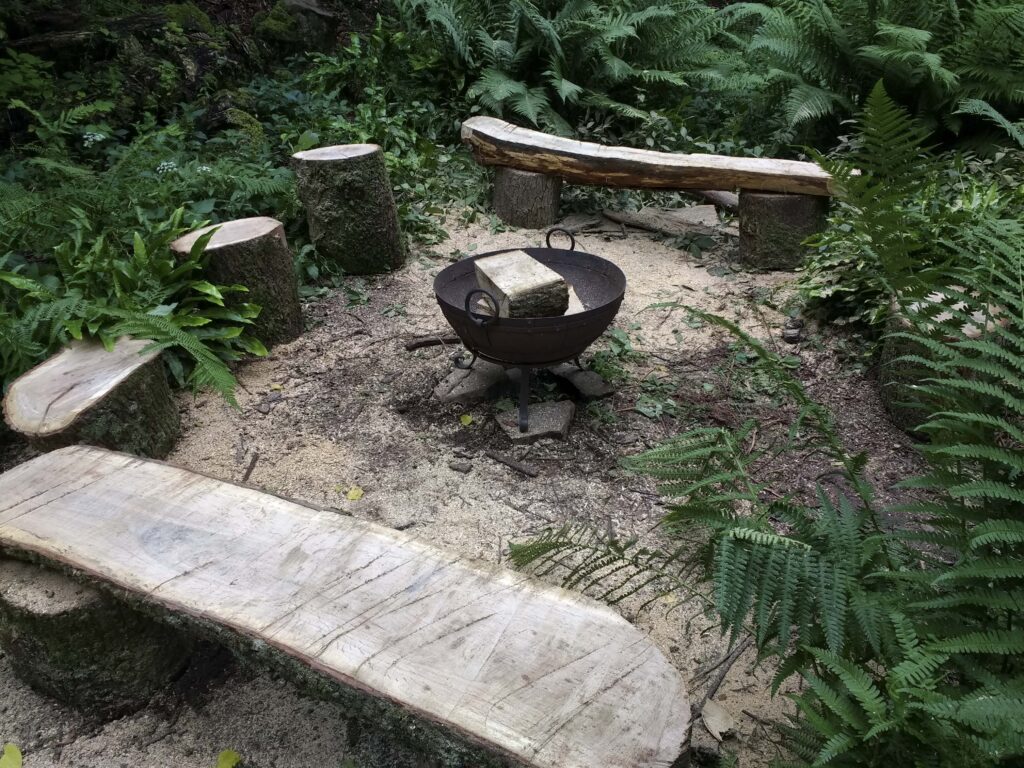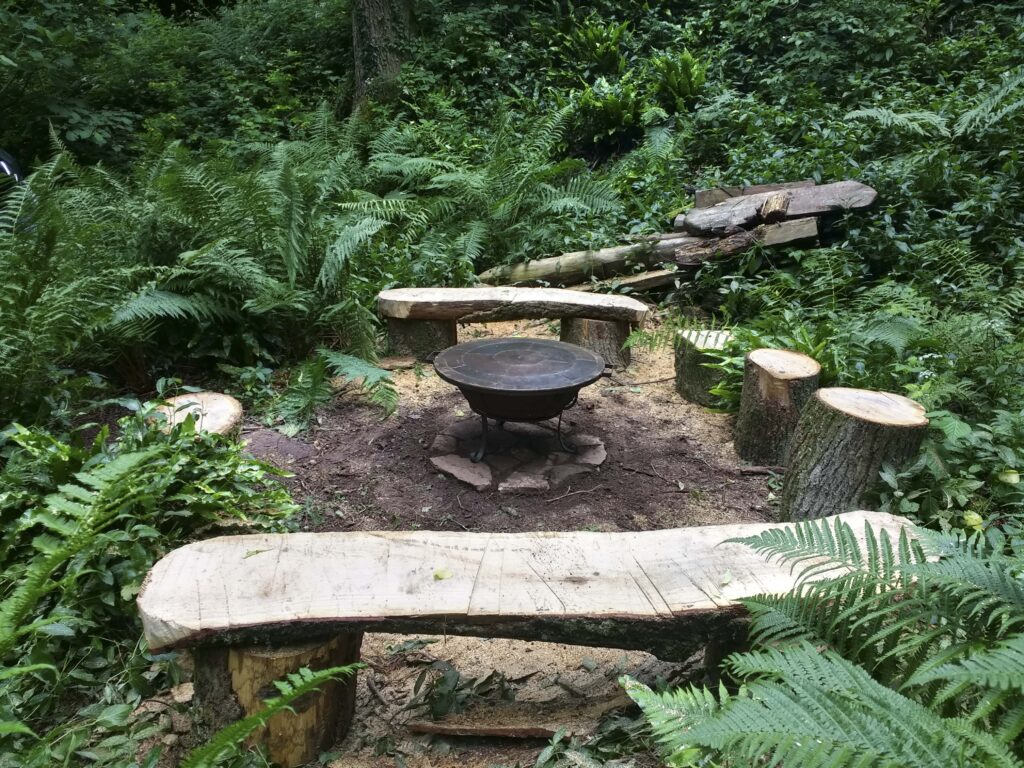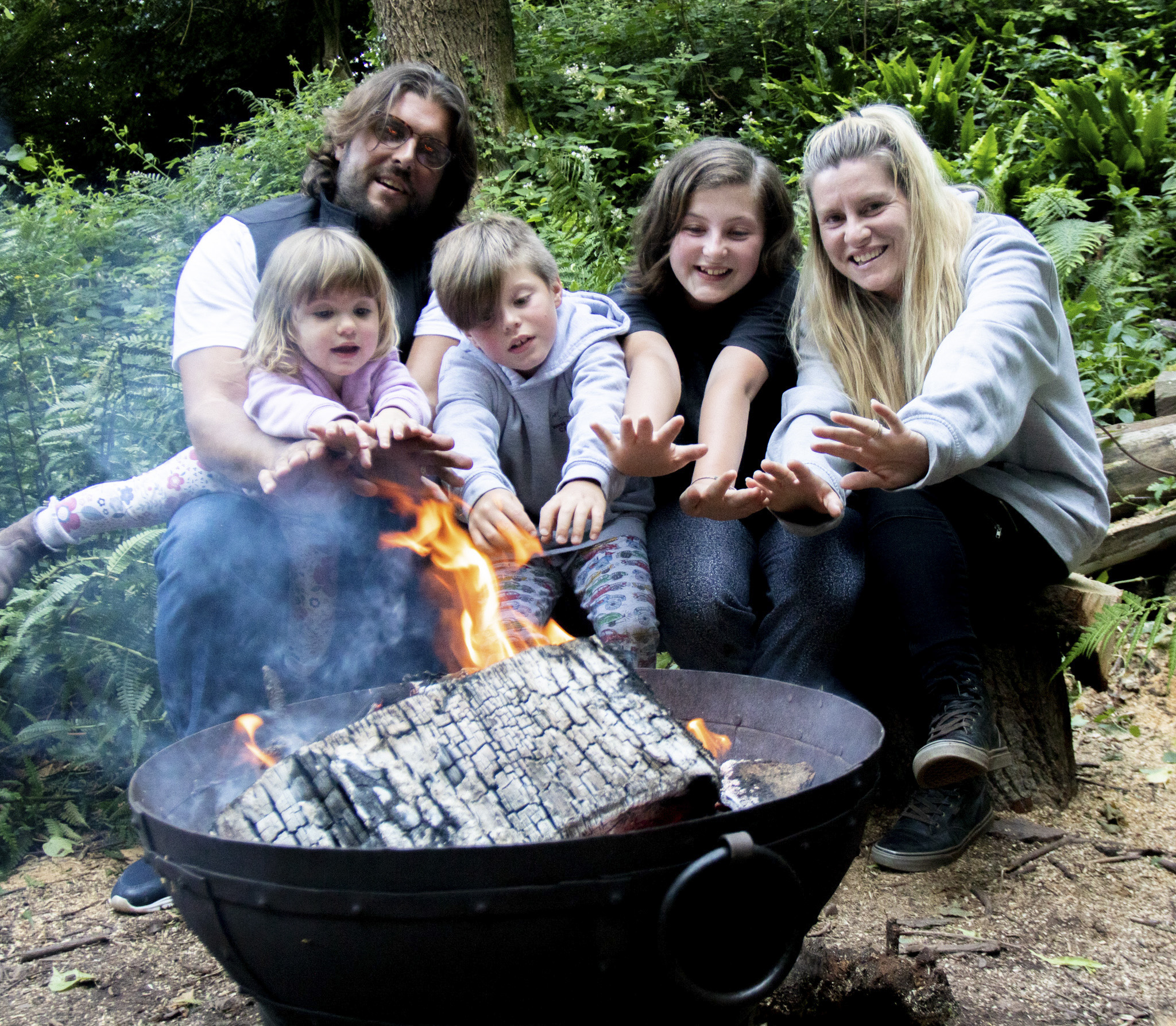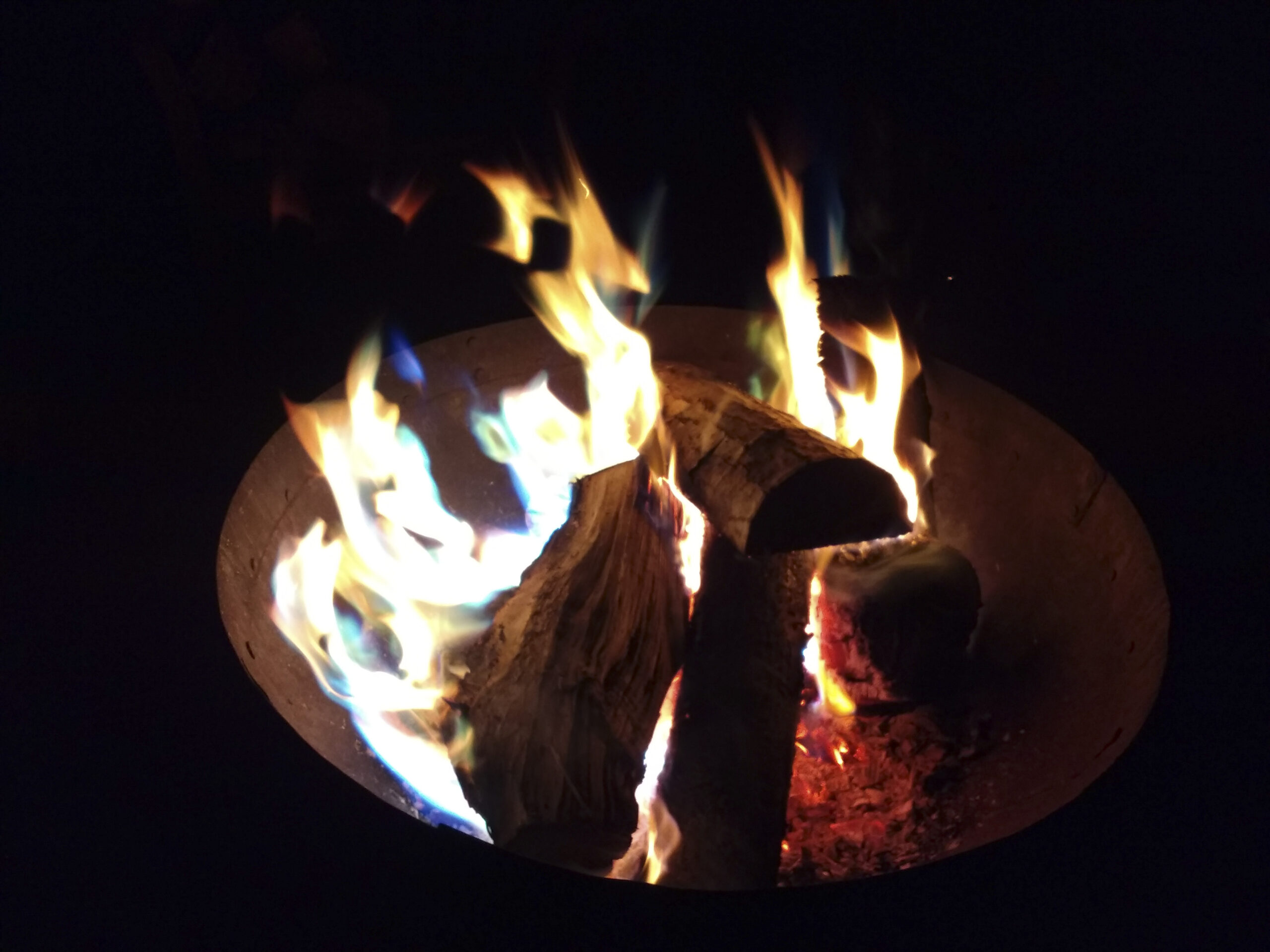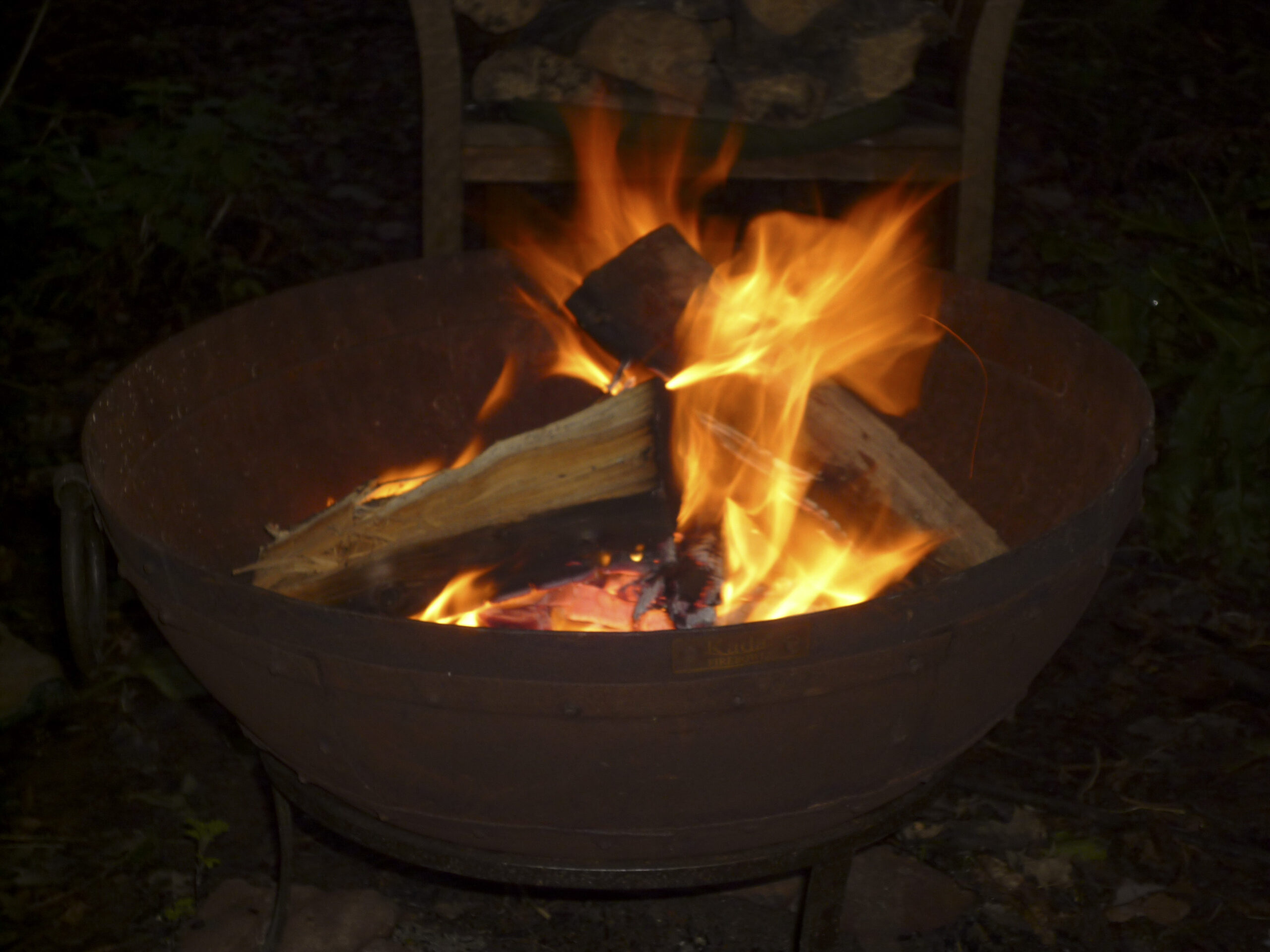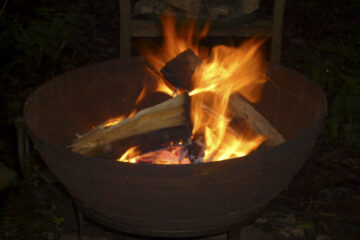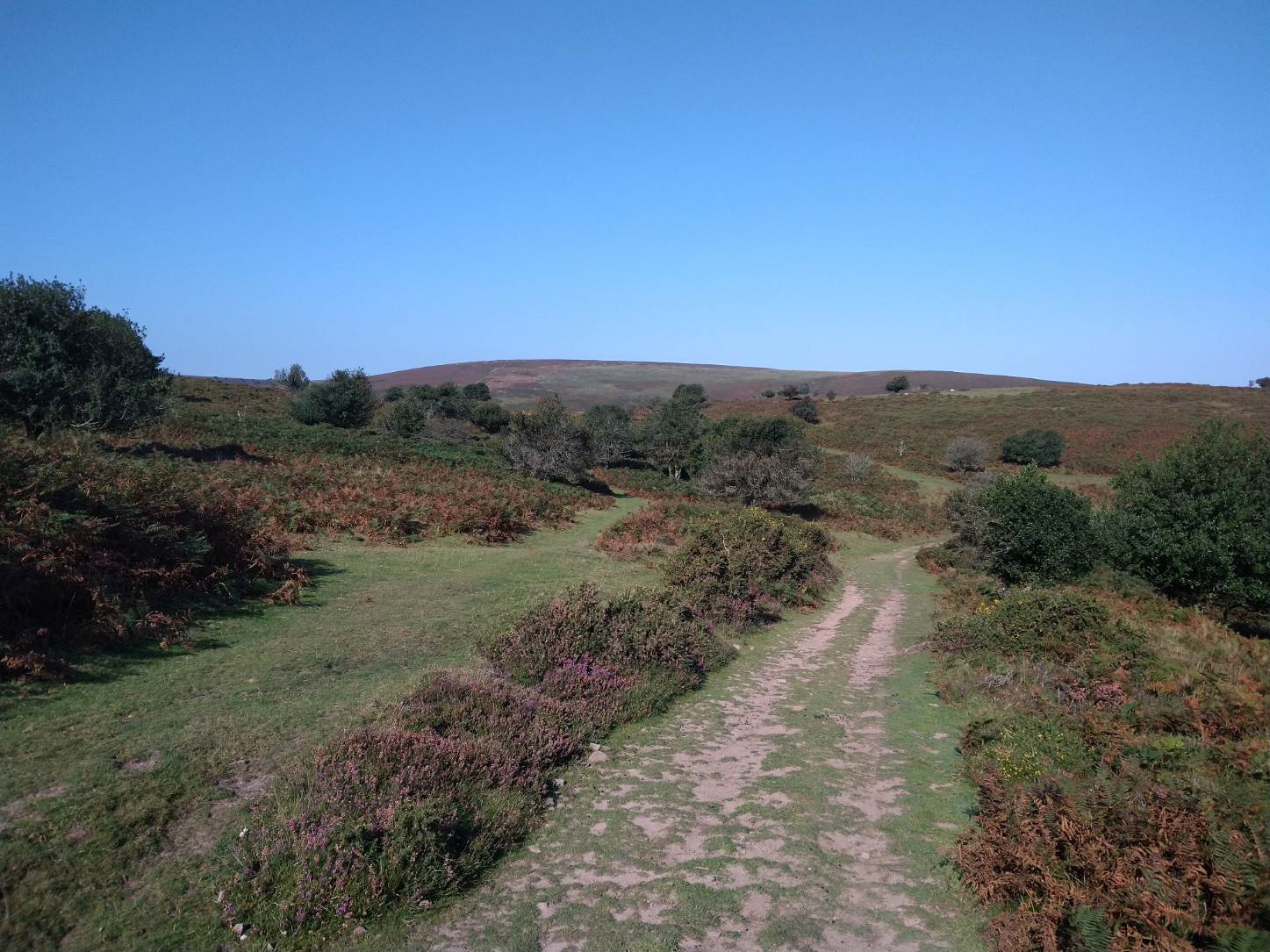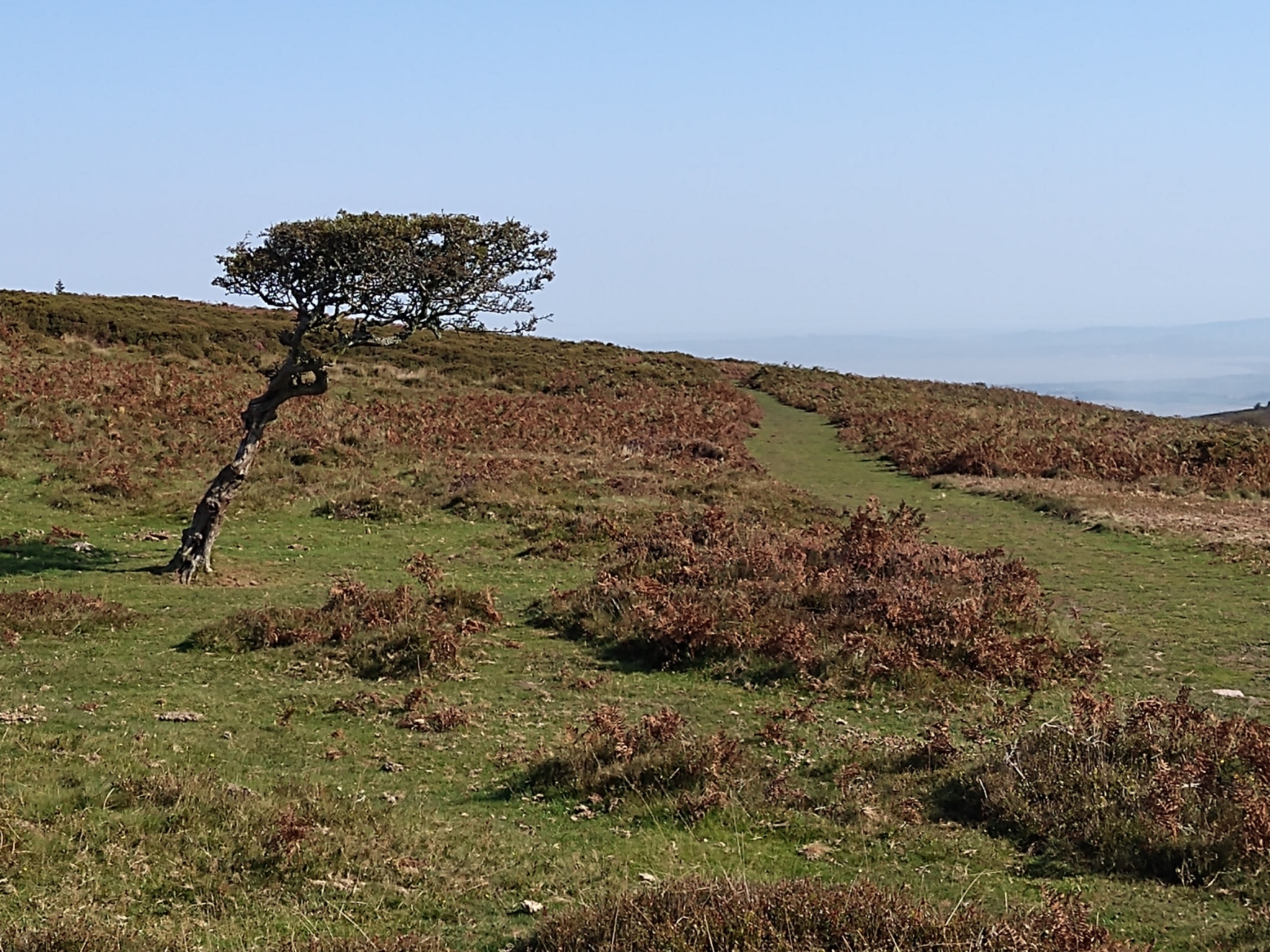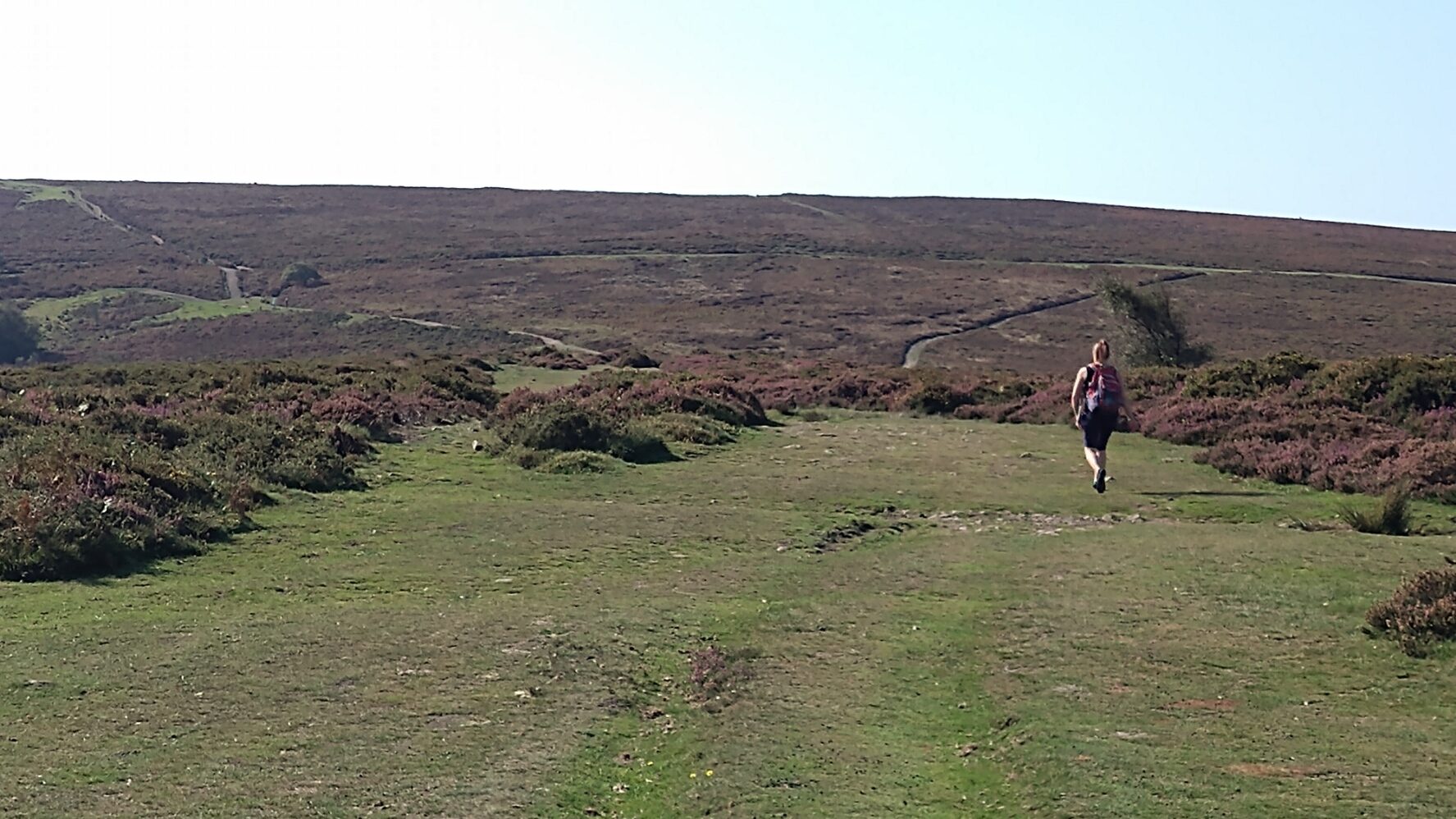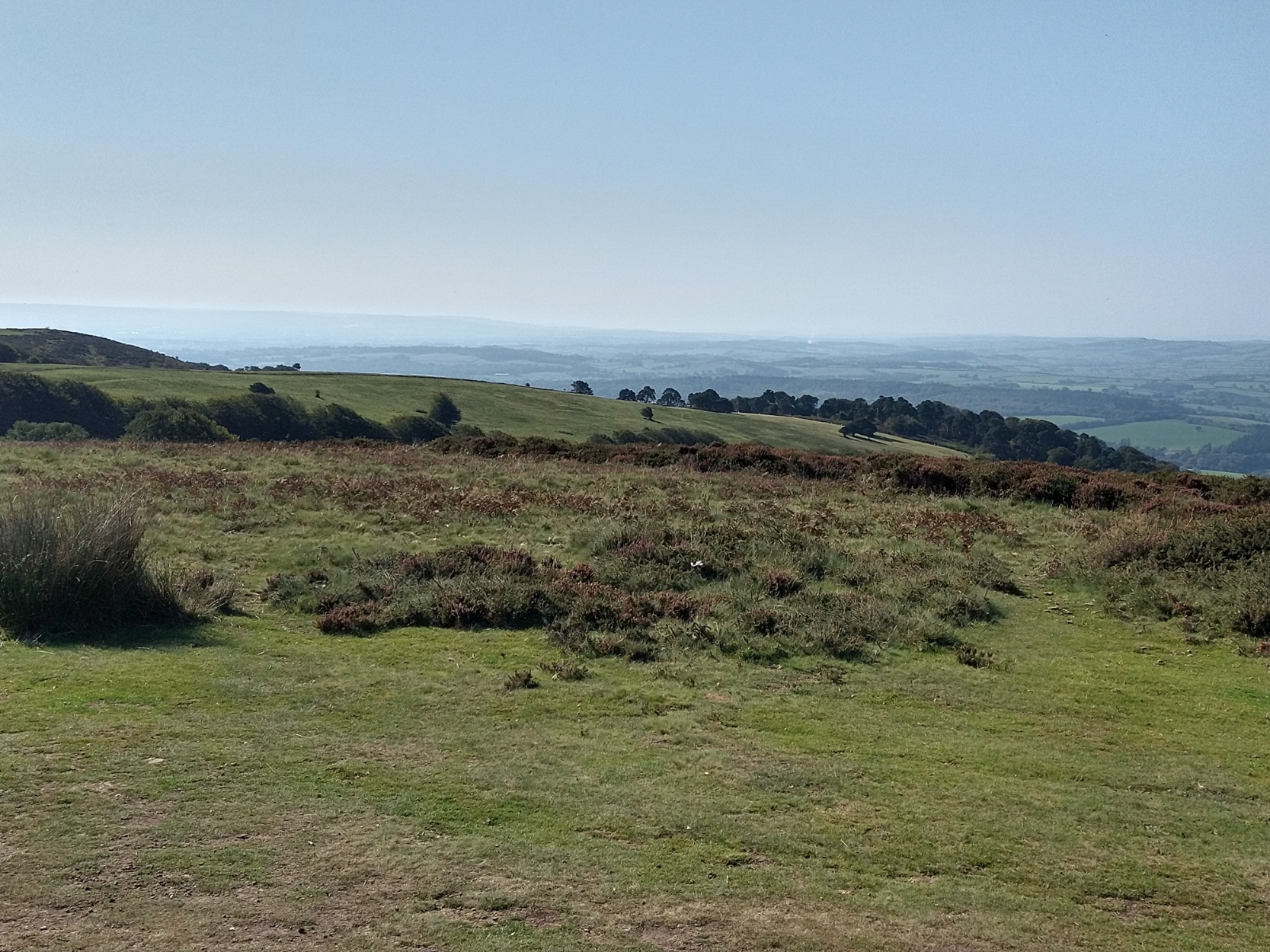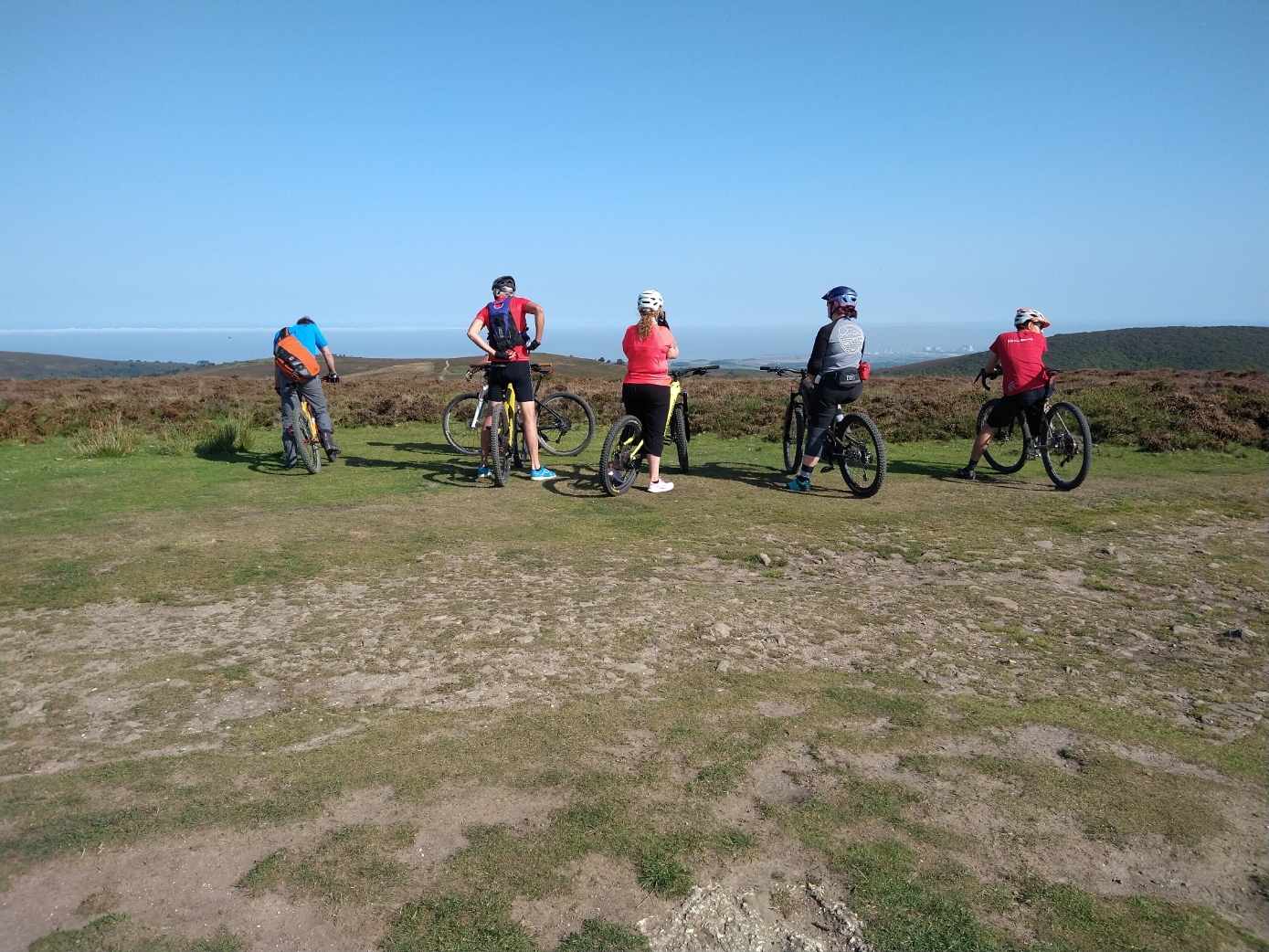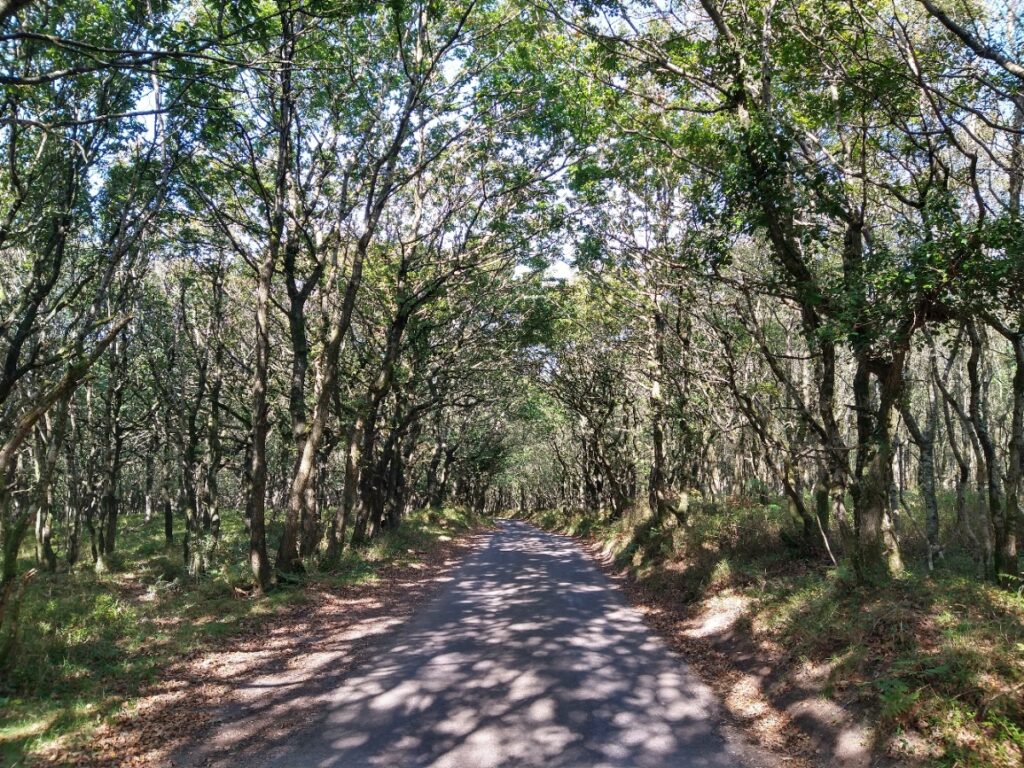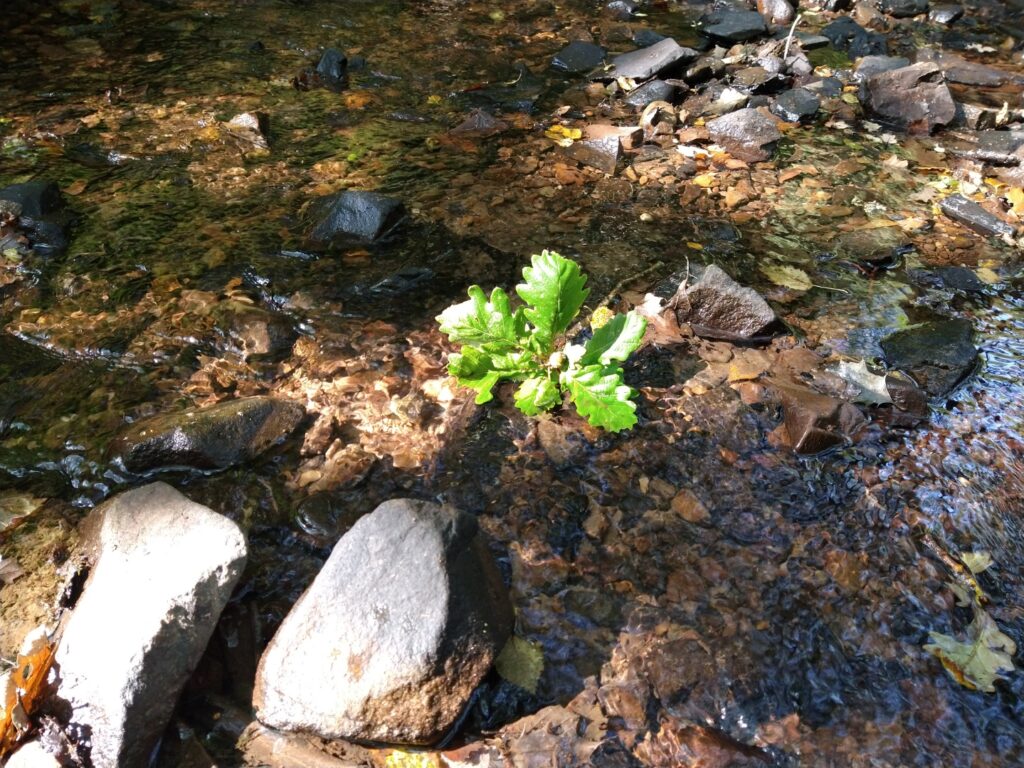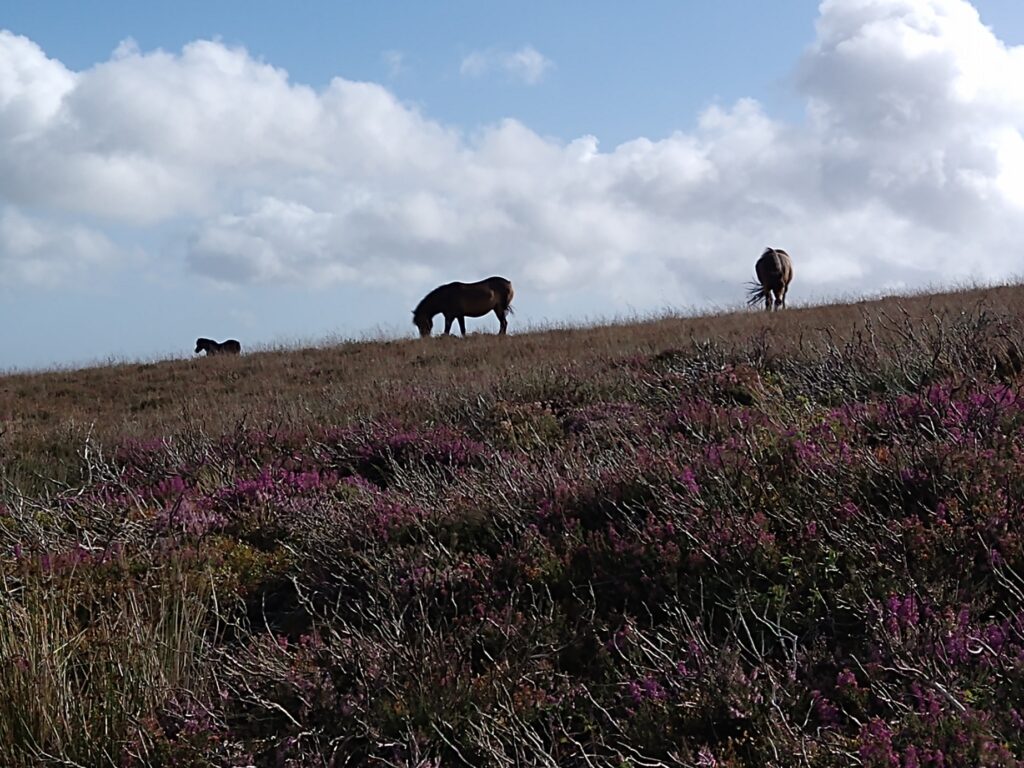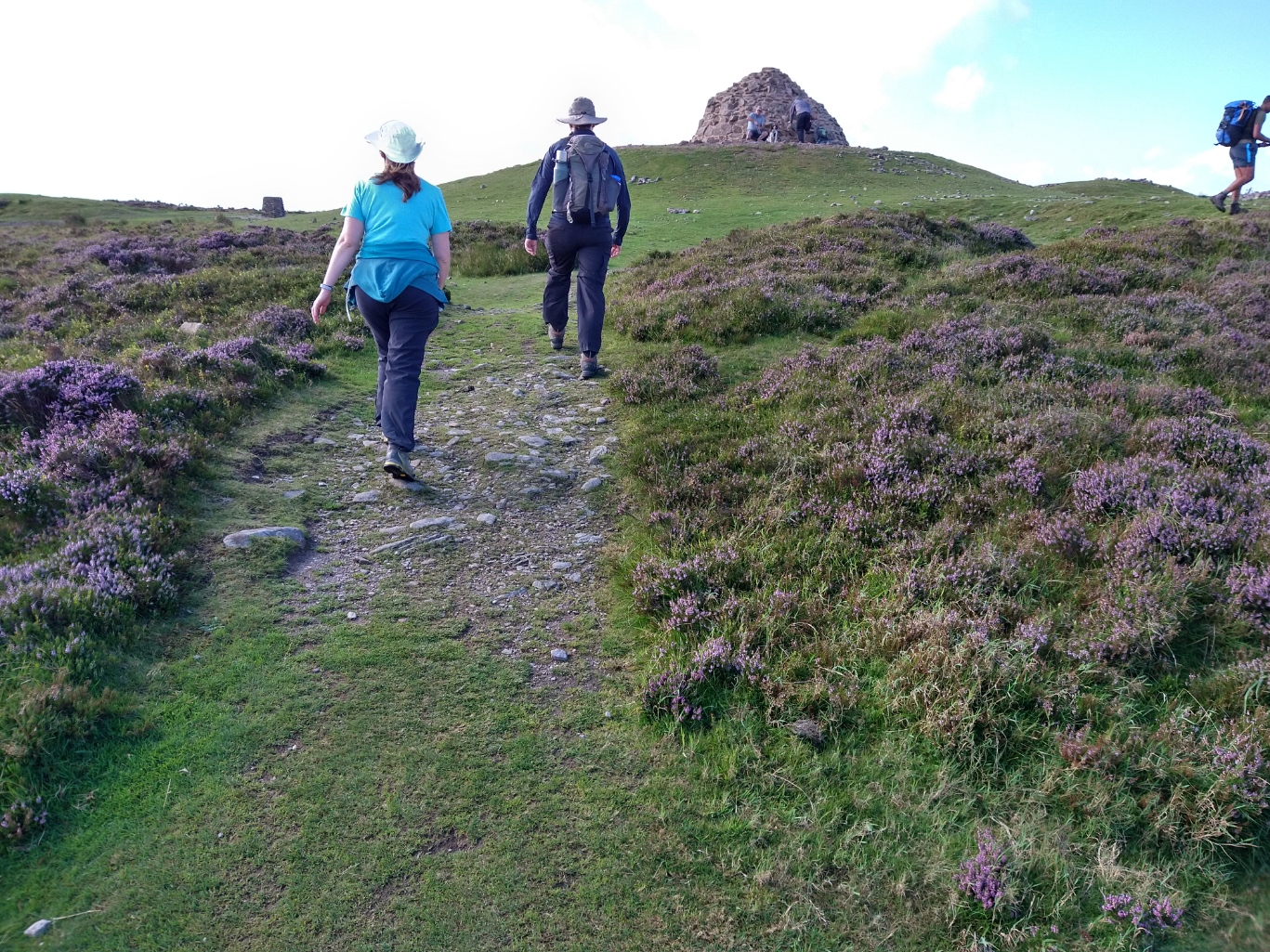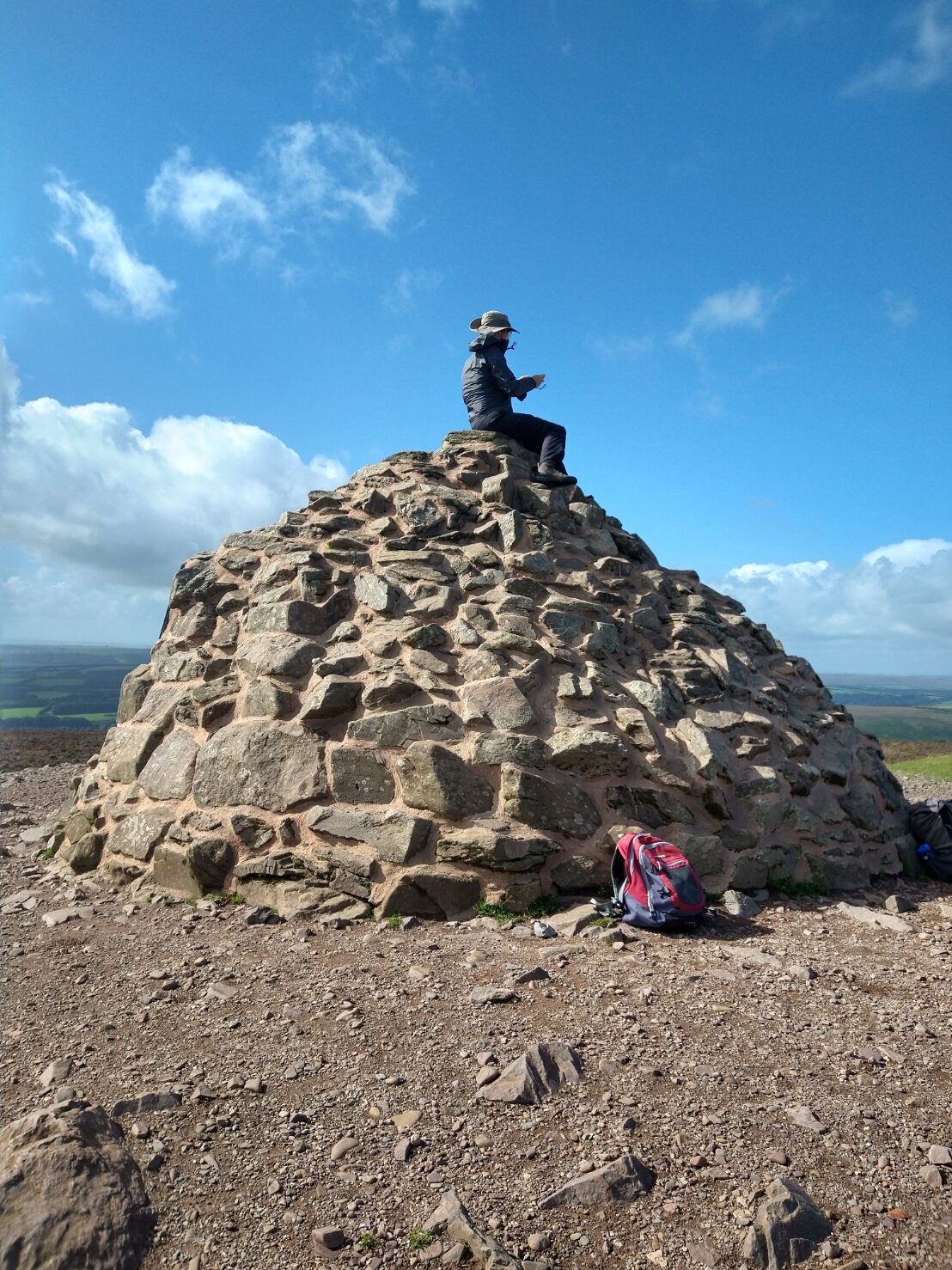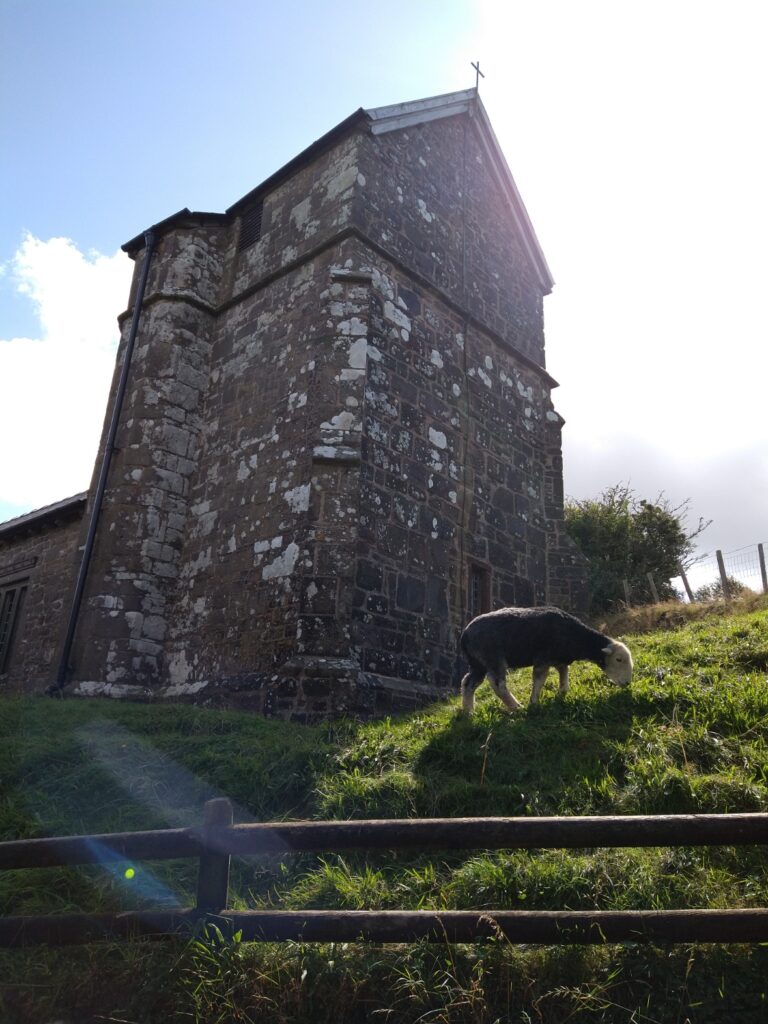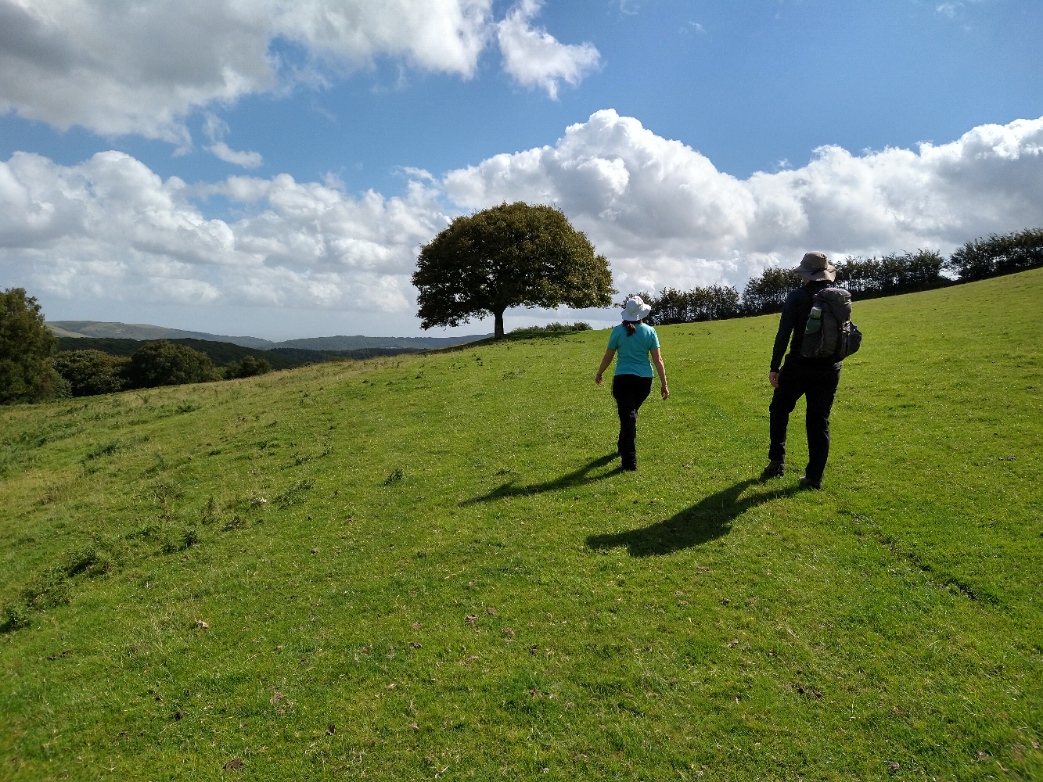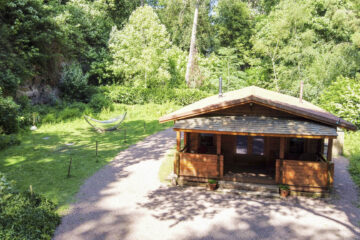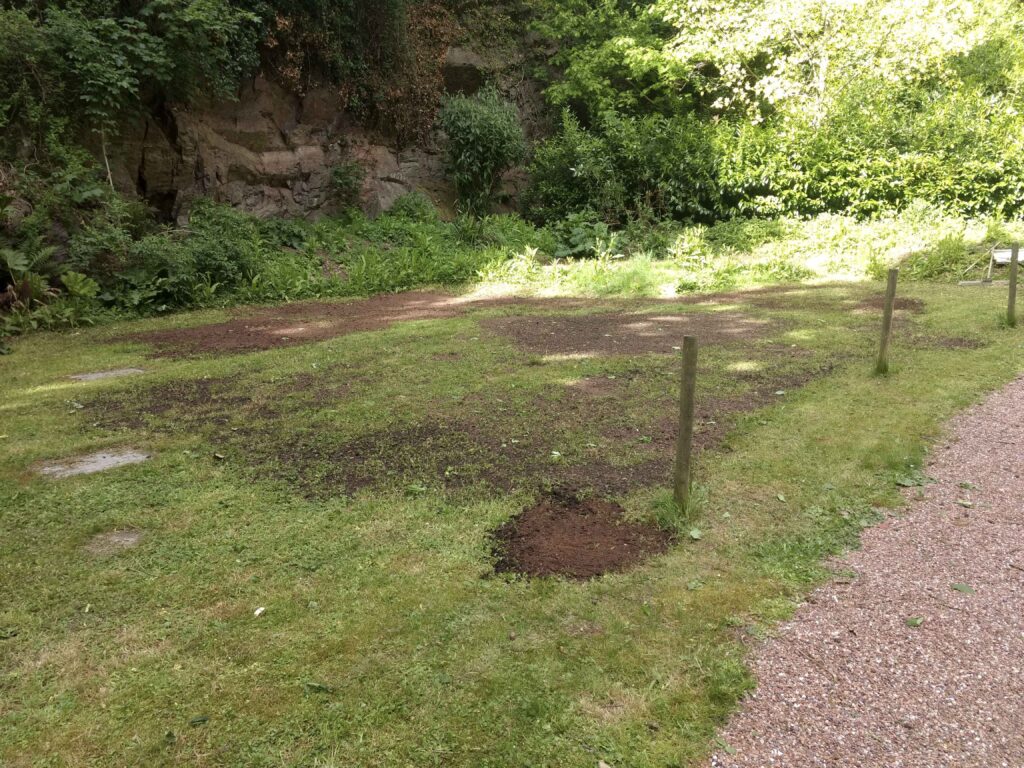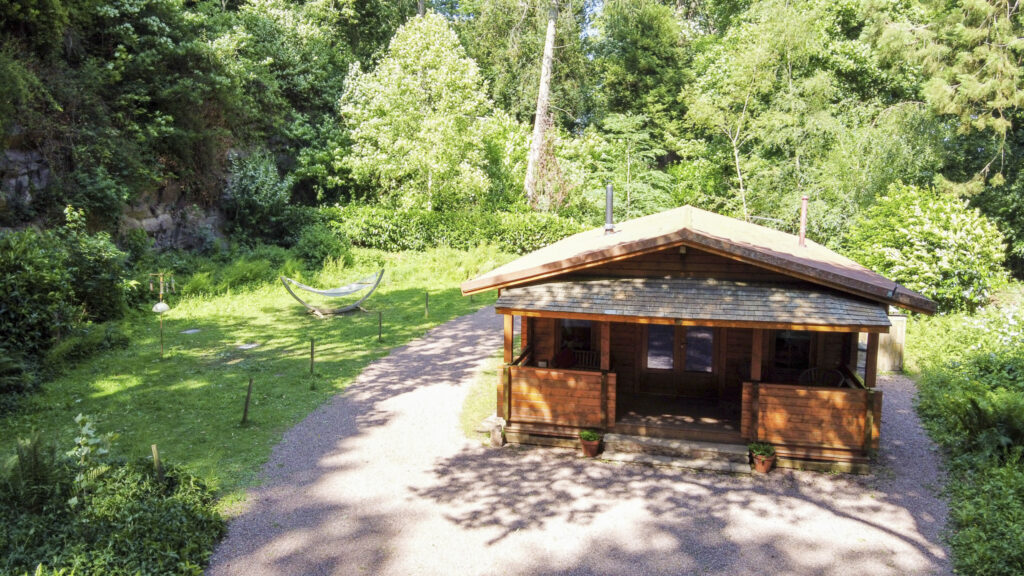We just managed to stay open for Christmas Day, but entered Tier 3 soon afterwards and had to close. Passing quickly through Tier 4, we were soon in a lengthy third full National Lock-Down. Usually, the time between guests is a matter of hours and the time we have available for maintenance is limited. Our enforced closure meant three and a half months between guests. It was a sizeable window to get a big job done and there was none bigger than a brand new kitchen.
Ever since we bought The Old Quarry in December 2018, we’d been aware than this needed attention at some point. The kitchen was over ten years old and beginning to look tired. Having low wall cabinets hadn’t helped, as the toaster’s heat had damaged them. This wasn’t in an unobtrusive area either, but the first thing you saw as you walked through the door! In fact, our Christmas guests phoned soon after arriving to ensure we knew that the damage wasn’t their fault! Here was our moment to change that.
A lot of measuring up and thought ensued. We drew up a wish list for the brand new kitchen. At the top, was trying to raise the wall cupboards, create more usable space and install a dishwasher. We were keen to add this appliance after hearing it is the fourth most desired item when choosing holiday accommodation). A large part of creating more usable space was going to be clearing the worktop. This would mean moving from a free-standing to a built-in microwave, so reducing cupboard space. This dishwasher addition was only going to steal even more space. We were already very conscious that guests had little space to store their shopping. It was quite a conundrum, that required careful consideration.
As part of the process, we phoned guests who had booked with us again to see what we should consider. Their thoughts chimed with ours, with a dishwasher and raised wall cabinets getting the most frequent mentions. We spoke to other holiday let owners and gathered their thoughts. This process helped us see that designing a kitchen for holiday accommodation is different to designing one home. Simplicity and ease of use are so much more important when different people are using the facilities every few days.
More than once we heard the recommendation to consider induction appliances rather than gas. We certainly liked the idea of not having a naked flame in a log cabin! With only the hob and oven using gas, it would simplifying things to remove the gas system completely. At the same time, we were aware that some people, such as those with pacemakers, are warned off using induction. We certainly didn’t want to force any of our booked guests to cancel by making such a change. Phoning each in turn, we checked there would be no issue before deciding induction was the way we would go.
Decisions made, we found our supplier and negotiated the price. We researched and shopped for the new appliances we wanted to install. We found a local fitter (the brother of one of our regular guests as it happens!) to do the installation. We booked in the installation to finish with three weeks to spare before the first guests arrived. This left plenty of time – or so we thought!
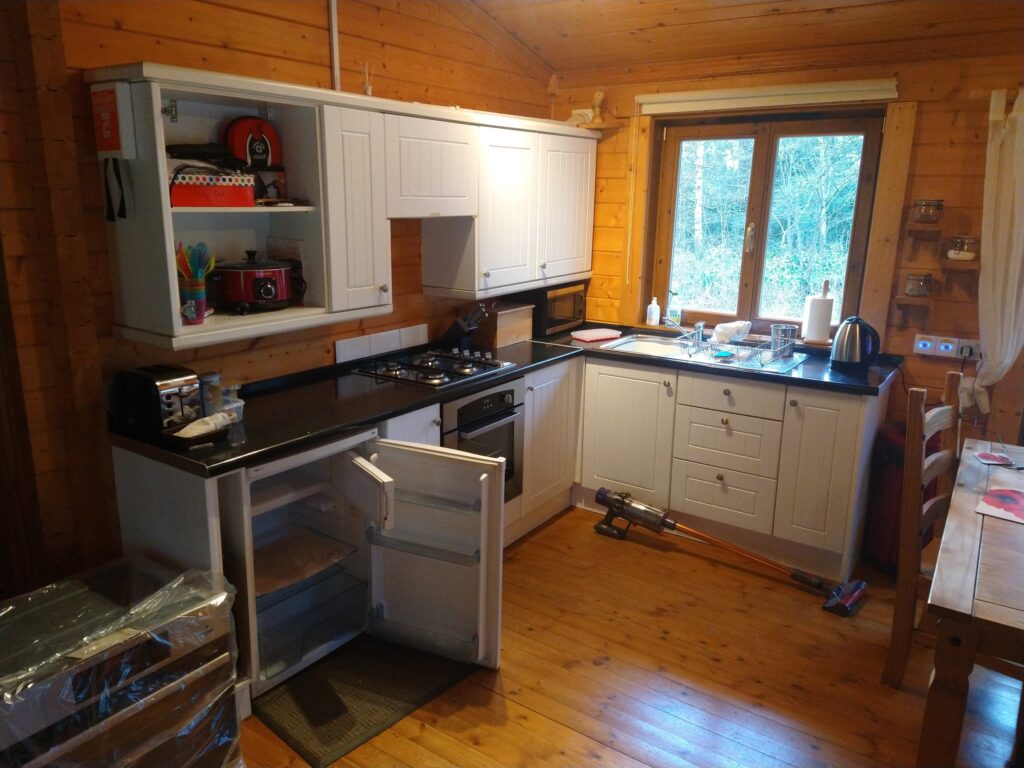
The old, tired-looking kitchen 
A well equipped kitchen means
needing lots of room for storage
Wall cabinets removed 
Going…. 
New kitchen waits in the wings 
Going…. going…. 
First of the new cabinets 
New fridge in place 
Sorting electrics 
Start of the wall cabinets 
Trial fitting the worktop 
Cabinets and appliances in place 
Cutting out for the induction hob 
A brand new kitchen 
Proof of the pudding is in the eating!
One fitter couldn’t work for the first couple of days, having been hit for six by his COVID jab. The job was going to have to go on for longer and then we encountered issue after issue. Firstly, our suppliers didn’t send all the parts. Then they sent the wrong parts. Then we found out that the dimensions they’d listed were incorrect and the microwave didn’t fit. Then, to cap it all off, we discovered that they’d made errors when measuring and the kitchen wouldn’t fit!! Much head scratching and clever problem-solving ensued, together with many trips to and from the suppliers to remedy the situation.
By the time the finishing touches had been completed, it was probably two weeks after we’d anticipated having it ready. We were pleased to have it all in place and working perfectly for our guests arriving a week later. They’d be able to enjoy it without any idea of the stress that had gone into fitting it in time. All we had to do was write some simple instructions for our guests on how to use the new appliances. There was no better way to do that than to road test the new kitchen ourselves.
It was then we discovered a manufacturing fault with the hob, which meant it cracked upon first use. There was also a manufacturing mistake with the oven which meant that the door wouldn’t stay open. We managed to get the hob replaced quite quickly, but the oven issue was misdiagnosed. It took three engineer visits to realise the door was missing a pane of glass and so wasn’t properly balanced. Unfortunately, this meant that our first (very understanding!) guests had to have two people to use the oven safely.
We got there in the end and, despite the many hassles along the way, it was worth it. The Old Quarry now enjoys an up-to-date, brand new kitchen. It should last for a good many years to come. We’re certainly not looking to repeat this whole experience any time soon!
